Our mapping team are discovering fascinating research centres, networks and hubs every day. Take a look at some of the team’s favourite recent discoveries below.

Elphinstone Institute
The Elphinstone Institute at the University of Aberdeen is a centre for the study of Ethnology, Folklore, and Ethnomusicology. Established in 1995, the institute researches and promotes the culture of the North and North-East of Scotland in context, with a particular focus on ideas of identity and belonging, customs and beliefs, and performance traditions. The institute’s current research projects engage with a variety of different customs and community practice, including the annual Burning of the Clavie in Burghead, sacred singing in the Western Isles, boatbuilding and community resilience, and Hip Hop in the North-East. The institute runs regular public engagement events, including a monthly Public Lecture Series and an Ethnographic Film Series.
Follow the Elphinstone Institute on Twitter, and head over to their website to find out more.

The C3 Centre: Creative Industries and Creative Communities
The C3 Centre brings together researchers, innovators, and artists who are passionate about co-creating with their communities. The centre focusses on the areas of Ceramics, Creative Industry and Creative Communities that make the Staffordshire region so impactful. Research themes include co-creation, co-production and co-ownership for the creative sectors; creative clusters in 2nd order cities; artistic innovative practices, and immersive audience engagement. The centre’s research seeks to inform and influence local and regional policies and practices, and ensure that the creative potential of individuals can drive regeneration of the city.
Follow the C3 Centre on Twitter, and find out more on its website.

Centre for Comparative Politics and Media Research
The Centre for Comparative Politics & Media Research (CCPMR) at Bournemouth University explores the wide variety of forms and styles of political communication and its impacts upon a range of societies, polities and democratic traditions. The Centre draws together experts from a range of fields to understand the issues that face politicians, their strategists, journalists and other agencies around the world. It has advised political groups, media organisation and legislative bodies, and collaborates on research with academics across the globe. CCPMR supports a dynamic community of postgraduate researchers, and runs a seminar series with guest speakers.
Follow the CCPMR on Twitter and find out more on their website.

Centre for Comedy Studies Research
The Centre for Comedy Studies Research (CCSR) at Brunel University London is an international research team devoted to the academic study of comedy. The CCSR’s research examines the production, content, reception and wider socio-political implications of comedy in its variety of formats from television sketch shows to comedy thrillers. The centre has strong links with the comedy industry and counts several high profile comedy performers and writers among its ambassadors, including Jo Brand and Lee Mack. The centre will celebrate its 10th anniversary this autumn.
Follow CCSR on Twitter and head over to their website to find out more.
Learned societies and the research landscape
Becky Fisher, Elizabeth Draper and Jenny Richards of the English Association reflect on the role of learned societies in the UK research ecosystem, and how a map of research infrastructure will benefit their work.
How do we capture the diversity of our research infrastructure?
Professor Jane Winters explores the challenges of identifying and quantifying our arts and humanities research landscape.
Infrastructure and innovation
Dr Jaideep Gupte considers how the Mapping the Arts and Humanities project will help to strengthen the UK’s global standing in the sector,
What is humanities research infrastructure?
To mark the launch of Mapping the Arts and Humanities, Professor Jo Fox reflects on the key questions underpinning the project.
Mapping the UK’s arts and humanities research landscape
Introducing the Mapping the Arts and Humanities Project.
